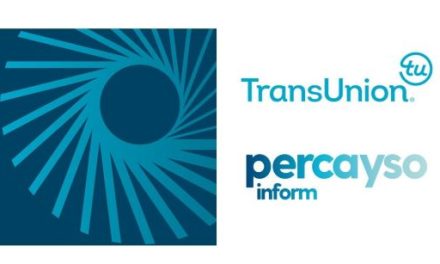Credit rating agency Moody’s has just announced that it would downgrade 3 financial companies in Vietnam including FE Credit, Home Credit Vietnam, SHB Finance and Vietnamese 2 banks: VPBank (owner of FE Credit) and SHB (owner SHB Finance).
Moody’s believed that the rapid spread of the Covid-19 epidemic has had a negative impact on the global economic outlook, and the falling prices of oil and other assets have created a serious and widespread credit shock to many sectors.
The consumer finance industry in Vietnam is vulnerable due to the reliance on the credibility of borrowers’ profiles. Covid-19 is a social risk and has major impact on the health and safety of society. Moody’s review reflects the influence of Covid-19 on consumer finance companies in Vietnam and their parent banks in the face of concern about credit quality declining due to disease.
The Government of Vietnam has introduced measures to limit the travel of people, and to maintain social distance nationwide. The Government has also announced many supportive policies such as lowering operating interest rates, encouraging financial institutions to support businesses and individuals affected by Covid-19, and at the same time postponing social security payments. Moody’s believes that the success of this measure will depend on the severity and timing of the outbreak.
The review of the credit ratings of FE Credit, Home Credit and SHB Finance shows Moody’s opinion that the economic shock caused by Covid-19 could negatively impact asset quality, profitability and liquidity of financial companies. This impact will depend on the severity and duration of the economic shock from the Covid-19 epidemic.
FE Credit, Home Credit and SHB Finance are consumer finance companies operating mainly in Vietnam. These companies have unsecured lending products which target low-income segments, who are the most vulnerable to economic shocks. Increased unemployment rate is likely to weaken borrowers’ ability to repay debt in this segment due to unstable and limited sources of income.
In addition, the liquidity of consumer finance companies may worsen as deposits are less and depend on other sources such as interbank loans and certificates of deposit. This puts companies at risk of potential refinancing if disruptions to the financial markets exist.
VPBank’s credit rating downgrade is due to the influence of FE Credit. FE Credit loans accounted for 22% of the total loans of the consolidated bank and were the main driver of revenue, contributing 43% to the bank’s profit before tax in 2019. Any weakening from FE Credit’s solvency will put pressure on VPBank’s asset quality and profitability. At the same time, this bank will also be under pressure from loans in wholesale, retail, export, tourism, etc.
For SHB, Moody’s believes that reduced SHB Finance credit will have little impact on the parent bank as the subsidiary only accounts for 1% of its consolidated assets by the end of June 2019. SHB’s asset quality has improved in 2019 after drastic measures with bad debts. The downgrade with SHB is because its loans to small and medium-sized enterprises in Vietnam (accounting for 31% of total outstanding loans) are likely to be risky as these businesses are easily affected by shocks of revenue declines.
There will be no chance that credit ratings of these credit institutions will be upgraded as Moody’s is considering downgrade. However, Moody’s can confirm the rating with a stable or negative outlook depending on Vietnam’s macroeconomic conditions and the severity of the epidemic.
Author: Alice Hoang Thao – VietnamCredit



























